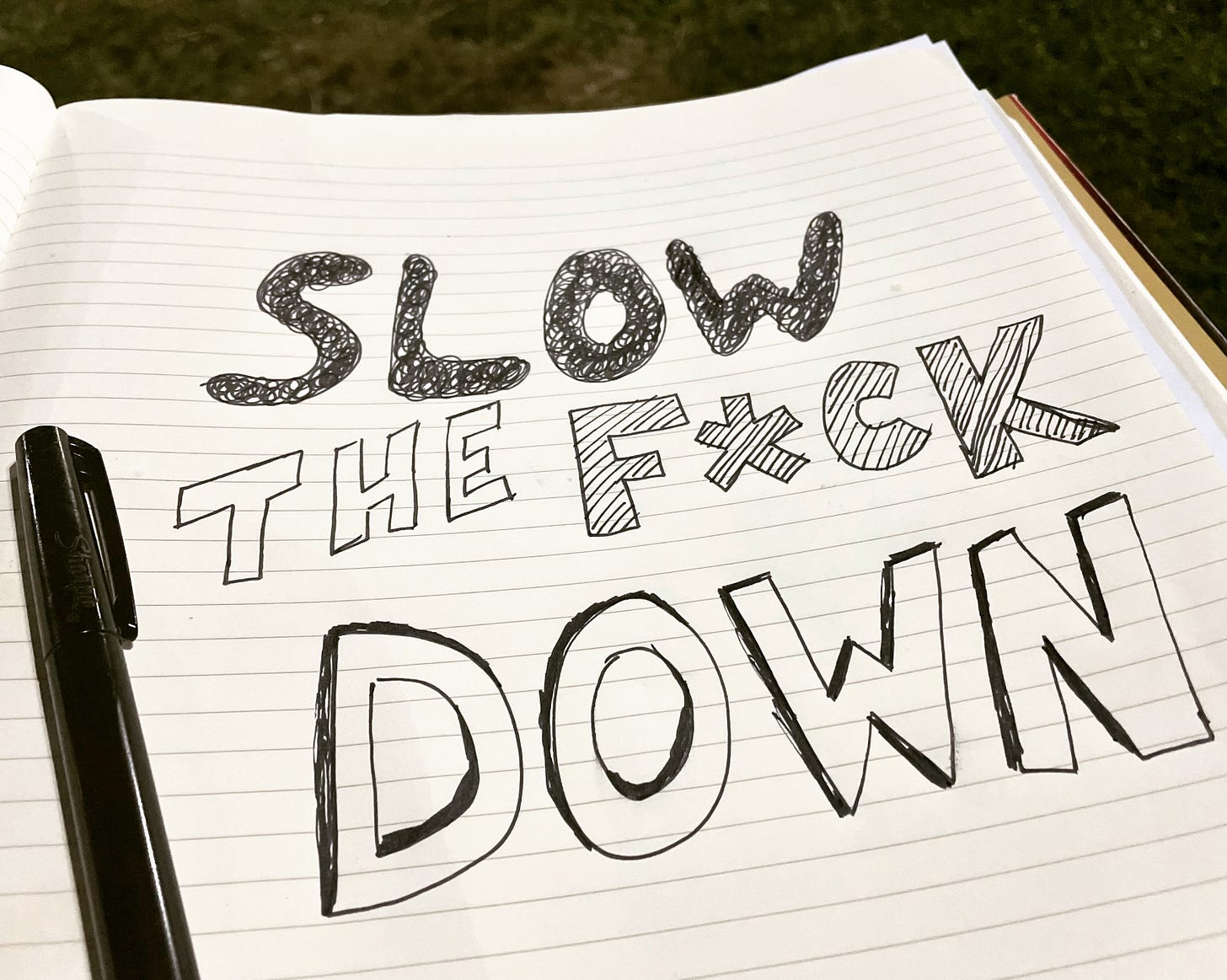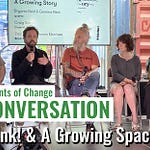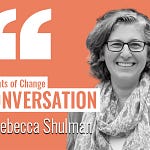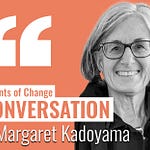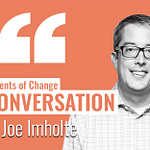This week marks four years since my accident that led to a severe concussion and brain injury — and while most (not all) of the physical affects of that injury have gone, the lessons of that moment have stuck with me.
Up until this accident, I had been working at breakneck speed, and stress and anxiety had just become an accepted part of the daily grind. In terms of work, many of my priorities and projects came to a grinding halt during my recovery. Not only was I out of the office for a while healing from my injuries, but my slow recovery forced me to put on the breaks, slow down, and meaningfully reflect on the ways I was working—and how I wanted to work going forward.
Everyone around me was telling me to “take care of myself,” but what did that really mean in a broader sense. Was I taking care of myself before these accidents forced me to slow down? Would I quickly return to the same pattern of overwhelm and overwork as soon as my physical body had healed from my injuries?
During my recovery, I took slow walks in nature with my wife (who was my grounding during my recovery, for sure), I began to practice yoga more regularly, I listened to audio books, and I read when I was able to – reflecting on what it meant to slow down, and not just because I had to, but as a new way of working, a new life practice.
I became connected with authors, thinkers, and spiritual teachers like Pema Chodron, Lama Rod Owens, Thich Nhat Hanh, Rev. angel Kyodo williams – and I’m now sitting here at my desk with a copy of Katherine May’s book Wintering as well as Tricia Hersey’s amazing new book Rest is Resistance.
Putting these four words into action
For me, “slowing down” has meant so much more than just these words – it has been about putting this into action in deep and meaningful ways. And that’s hard, I get it. I’m far from perfect when it comes to slowing down. Look, it took a major injury for me to step into action in the first place. But it’s been a regular practice and value for me, and for my family.
Slowing down is not just simply taking a break or saying “ok, I’ll just take it easy this weekend.” It is adopting a life practice that starts with interrupting everything we’ve learned. It goes against so much that our society and culture teaches us, against so many of the ideas of “success” and “productivity” that are ingrained in our brains.
Even just unpacking those inner beliefs can be a key part of slowing down. Ask yourself:
Where does your “need for speed” come from?
When did you first feel that pressure to go fast, do it all?
We’ve got to take some time to unlearn these internalized everyday behaviors, habits, and beliefs. There are so many harmful and self-sabotaging stories that we’re telling ourselves day in and day out, and we can replace those stories with positive and powerful stories of slowing down and taking care of ourselves.
Our greatest barrier to slowing down
Whether you’ve realized it yet or not, one of our greatest barriers to slowing down is ourselves. In Rest Is Resistance, Tricia Hersey writes, “We are grind culture.” She continues, “we push ourselves and each other under the guise of being hyperproductive and efficient.” We have internalized the capitalist, white supremacist, ableist, patriarchal systems that we live in, and we often act in ways that align with the values and pressures of those oppressive systems.
We are in control of our own behaviors, how we show up in our work and in our lives. So it’s up to us to make the decision to resist the toxic culture of “productivity” and to embrace the practice of slowing down.
A few invitations to slow down
If you’re feeling like things are a bit out of control, like life is going like a runaway train, here are some ways to reel it back in and become more grounded:
Breathe: Take a moment (now, after a meeting, before making a decision, anytime) and just connect with your breathing. Slow your body down, slow your breathing down, and re-ground yourself.
Wintering: As we head into the winter season (for those of us in the Northern hemisphere), embrace it rather than resisting it. Light some candles, make a cup of tea, and find a book to read that feels like guilt pleasure (something that isn’t related to work at all – something you might not normally read but that will bring you joy).
Give yourself permission to slow down: Adopt a type of mantra or repeated message for yourself that affirms the idea of slowing down and taking care of yourself & others. You might even write “slow the fuck down” on a sticky note, and put it next to your computer or somewhere that will regularly remind you of this personal call to action.
Ask yourself: What is the worst thing that will happen if you slow down? Better yet, what might you discover about yourself if you slow down?
I hope you are reading this and listening to my voice note above at a moment that can spark you to reflect, rethink, and reset – and, as hard as it might be, to hold on to that. Don’t let your embrace of slowing down fade in a couple days, a week, or a month. Stay with it, and keep practicing it.
I’d love to hear from you. Add your thoughts in the Comments below:
What does slowing down mean to you?
What are some challenges you’re having with slowing down?
What are some ways you’re finding to bring this into your life in new and powerful ways?
“Many of us have been running all our lives. Practice stopping.” -Thich Nhat Hanh



